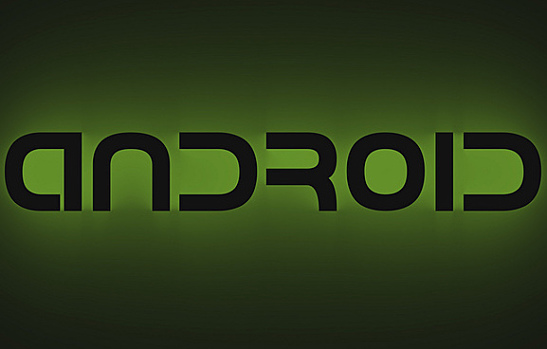Earlier this year, all the industry talk was about Android phone manufacturers trying to hide Android and emphasize their own brand. It is natural that the handset makers should feel this way. They want buyers to be thinking about their phone, not an Android phone. But now one trend is moving the other way, with phones offering the pure Google Android experience.
This new trend, if it holds up, is good news for Google. And it could also be good news for Android developers, for companies looking at Android for business use and ultimately for the Android user community. Android has been struggling with fragmentation. Anything that strengthens the unity of the operating system is good for the Android ecosystem and its users.
History Repeating Itself
As Anupam Saxena notes at NDTV Gadgets, there are reports that HTC will release a Google edition of its HTC One flagship phone. The Google Edition phone will have a stock version of Android without HTC-developed “skins” or other tweaks to the operating system. HTC is not the only manufacturer to offer a handset version with pure Google Android. It follows in the footsteps of the Google edition of Samsung’s Galaxy S4.
This is a big shift from earlier in the year, when the trend seemed to be handset makers distancing themselves from the Android identity. They all looked enviously at Apple and its complete brand ownership of the iPhone. No one says, “I’d like an iOS phone.” Casual iPhone users may never have even heard of the iOS operating system.
For hardware manufacturers, it is all an echo of earlier history, the 1980s and 1990s. Back then, PC makers made the unwelcome (for them) discovery that businesses and consumers regarded PC hardware as a generic product–what mattered was the Windows operating system. (Then, too, Apple was the unique exception.)
History is not completely repeating itself because smartphones have non-computer features such as cameras and sound. A stock version of Android will need apps to support these features such as HTC’s BeatsAudio sound software. But apps are what mobile OS capabilities are all about.
Defragmenting Android
The fact that both Samsung and HTC are offering Google Android versions of their leading devices is an indicator that the market is asking for pure Android. This is for several good reasons.
Practically everyone–even the Apple community–admits that Android now offers a smooth, elegant user experience. Many would say that it is richer and more flexible than the iOS experience. But the price of open-source freedom is that Android has long struggled with fragmentation.
This is a problem for businesses concerned with security. It is also a problem for Android developers, whose apps may have unexpected behavior on modified versions of Android. And, therefore, it is also a problem for Android users, who cannot quite count on apps to work as intended.
A move back toward pure Google Android would thus be good news for nearly everyone in the Android ecosystem. This is why the handset makers may have to give in, and provide it.
[cf]skyword_tracking_tag[/cf]

